On March 6, 1981, Marianne Bachmeier walked into a courtroom in Lübeck, Germany, with determination in her stride.
In a shocking turn of events, she pulled a loaded pistol from her handbag and fired at Klaus Grabowski, a 35-year-old sex offender.
Grabowski had been charged with the kidnapping, abuse, and murder of Marianne’s 7-year-old daughter, Anna Bachmeier.
Within moments, he lay lifeless on the courtroom floor, struck by seven of Marianne’s bullets
The grieving mother was quickly taken into custody, yet she showed no signs of remorse. Four decades later, the story of the “revenge mom” still resonates in the public’s mind, with her sentence continuing to stir debate across the nation.
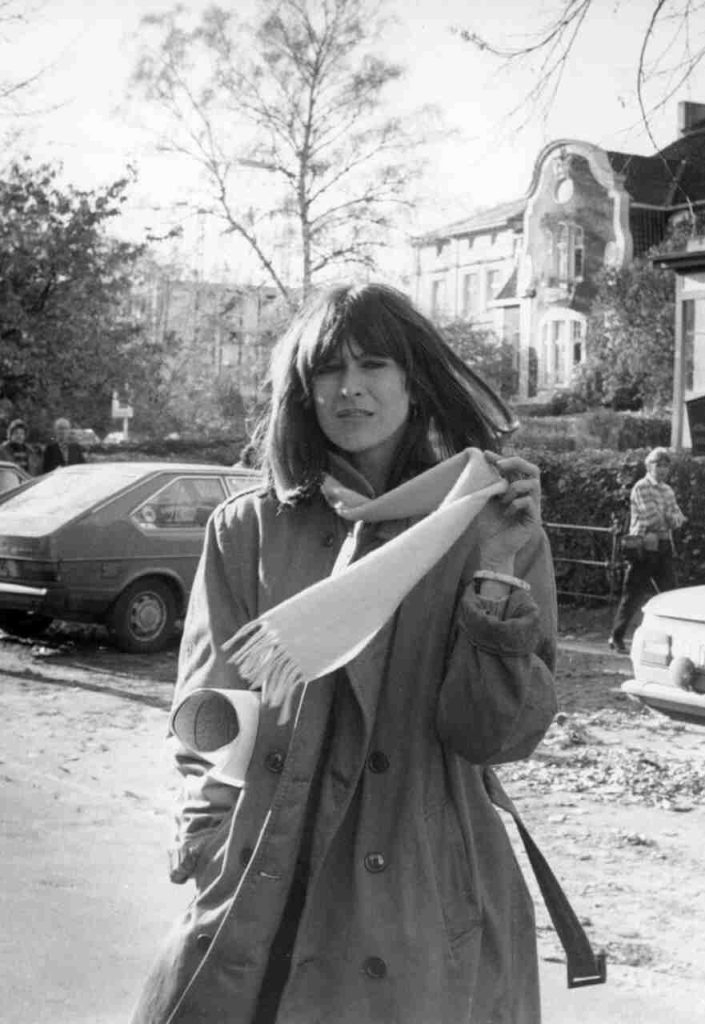
The loss of a child is an incomprehensible sorrow, often regarded as the most heart-wrenching pain a parent can ever endure.
On May 5, 1980, Marianne Bachmeier’s life was irrevocably changed. In the 1980s, she was a single mother, doing her best to make ends meet while managing a pub in Lübeck, northern Germany.
Marianne’s early life was marked by immense hardship and trauma. Her father had been a member of the Waffen-SS, the infamous military unit of Nazi Germany.
Throughout her youth, she endured multiple instances of sexual assault. At the age of 16, Marianne became pregnant but, unable to care for the child, chose to place the baby for adoption. When she turned 18, she found herself pregnant again and once more opted to give her baby up for adoption.
In 1973, Marianne gave birth to her third child, a daughter named Anna. Despite still being a single mother, she poured all her love and energy into raising Anna on her own.
Anna was described as a “happy, open-minded child,” full of life and promise. But tragically, their world was about to be shattered by an unimaginable event.
In May 1980, following a disagreement with her mother, Anna decided to skip school and visit a friend. Tragically, during her journey, she was abducted by Klaus Grabowski, a 35-year-old local butcher.
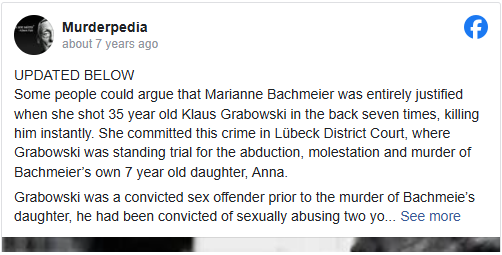
Grabowski held Anna captive in his apartment for several hours, subjecting the young girl to abuse before ultimately taking her life by strangulation. After the tragic event, he concealed her body in a box and hid it in a secluded area along the canal’s edge.
Later, Grabowski returned to the site to bury Anna’s remains, but he was arrested that same evening at his regular pub in Lübeck, after his fiancée alerted the authorities.
At the time, Grabowski was a convicted sex offender, having previously served prison time for assaulting two young girls.
While incarcerated in 1976, Grabowski voluntarily underwent castration. Two years later, he began hormone therapy in an attempt to reverse the effects, hoping to pursue a romantic relationship with his fiancée.
Grabowski swiftly confessed to murdering Anna but denied any sexual abuse. During his trial, he even went so far as to claim that Anna had attempted to seduce and blackmail him.
In a startling turn, Grabowski shifted the blame onto Anna, claiming he killed her because she had attempted to blackmail him. He alleged that Anna threatened to expose his inappropriate actions to her mother unless he paid her money.
The court quickly dismissed Grabowski’s defense as unconvincing.
His disturbing and bizarre narrative pushed Anna’s mother, Marianne, to the edge of madness, filling her with a sense of powerlessness, rage, and deep fury. On March 6, 1981, the third day of the trial, Marianne made the fateful decision to take justice into her own hands.
Somehow, she managed to sneak a gun into the courtroom, evading security and guards. Once inside, she drew the loaded weapon from her handbag, aimed it at her daughter’s murderer, and fired all the rounds. Seven out of eight bullets struck their target, and Grabowski collapsed instantly, dying on the spot.
After the shooting, Marianne dropped her Beretta M1934 and declared, “He killed my daughter… I wanted to shoot him in the face, but I shot him in the back … I hope he’s dead.”
Witnesses, including two police officers who were present, reported that Marianne also called Grabowski a “pig” after she fired the shots.
Marianne was quickly arrested in the courtroom and initially charged with murder. During her 1982 trial, she claimed that she shot Grabowski while in a dreamlike state, convinced she had seen her daughter in the courtroom.
Experts who testified during the trial noted that Marianne’s actions demonstrated a level of proficiency with the gun that suggested she had planned and prepared for the shooting in advance.
Doctors also evaluated Marianne and requested a handwriting sample. In response, she wrote, “I did it for you, Anna.” The sample included seven hearts, which many believed symbolized a tribute to each year of Anna’s short life.
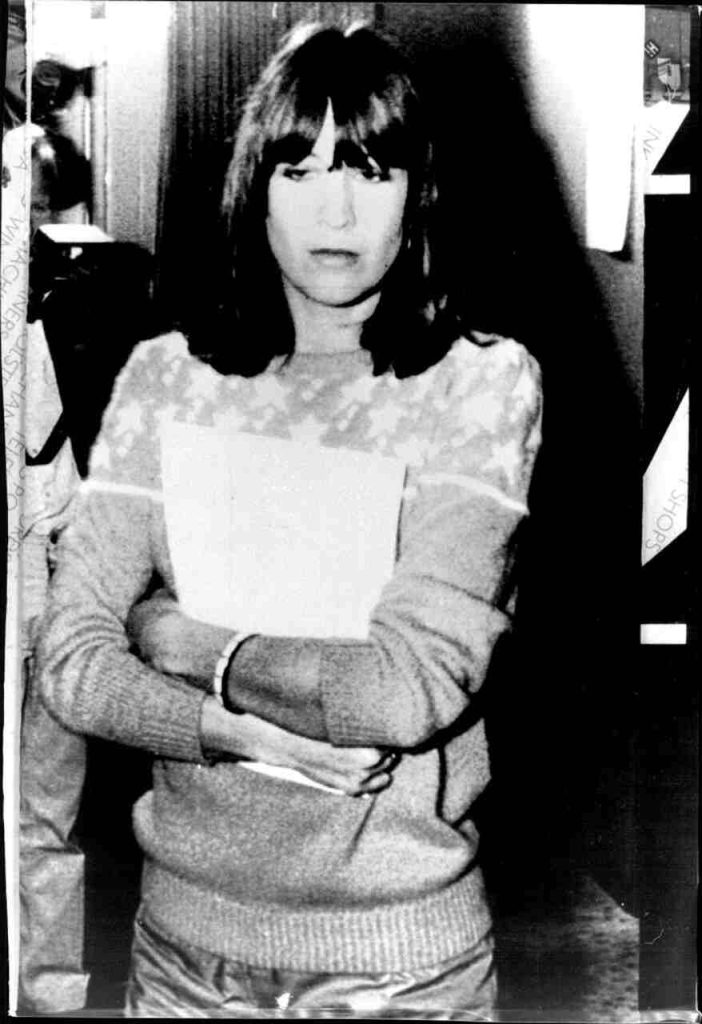
If found guilty, Marianne faced the possibility of a lifetime behind bars.
Her act of taking the law into her own hands attracted widespread media attention, not only in Germany but around the world. Labelled “Revenge Mom,” many believed she deserved to be acquitted for her actions.
The grieving mother, seeking justice for her murdered daughter, garnered significant admiration and support, even in light of her vigilante act.
Initially, the media portrayed Marianne as a hero. However, as journalists dug deeper into her background, they uncovered details that complicated her image. Reports revealed that Marianne had placed her first two children for adoption, and her frequent presence at the bar where she worked raised questions about her portrayal as a devoted and selfless mother.

In 1983, Marianne was convicted of premeditated manslaughter and illegal firearm possession. She was sentenced to six years in prison but was released after serving just three.
Her sentence sparked public division, as shown by a survey from the Allensbach Institute. Around 28 percent of people believed her six-year punishment was justified, while 27 percent considered it too harsh, and another 25 percent felt it was too lenient.
After completing her sentence, Marianne moved to Nigeria, where she married a German teacher. However, in 1990, she divorced and relocated to Sicily, Italy.
Tragically, Marianne was later diagnosed with pancreatic cancer, which led her to return to Lübeck, her hometown.
The memory of her act of revenge continued to linger in the minds of many Germans, with newspapers still covering her story well into the 1990s.
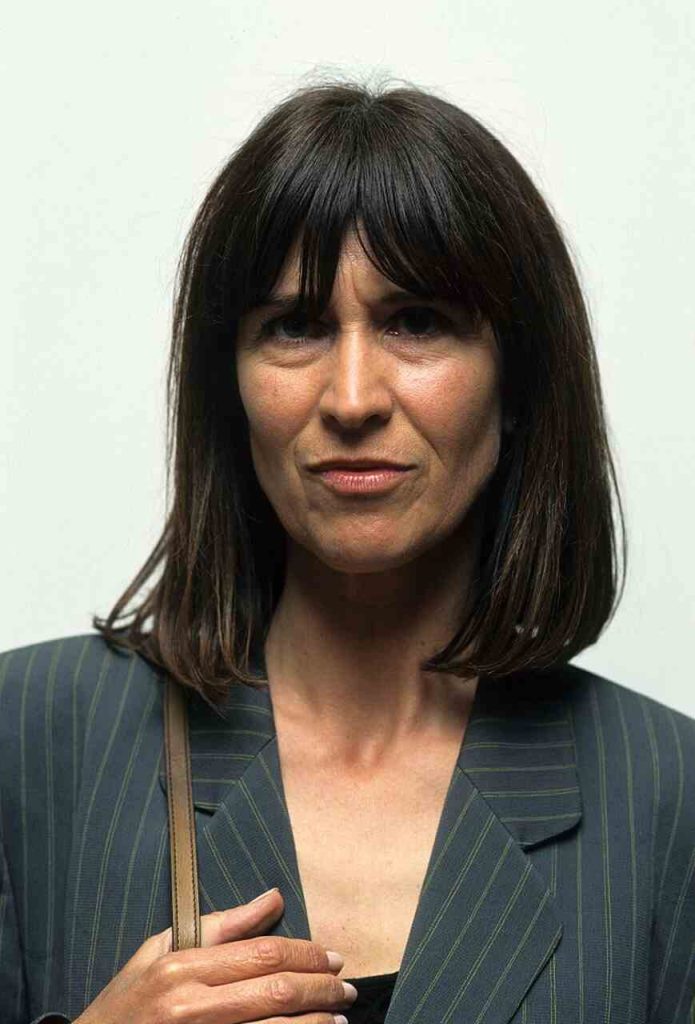
In 1994, thirteen years after her crime, Marianne gave a rare interview to German radio.
“I believe there’s a significant difference when I take the life of a young girl out of fear of spending my life in prison. The way it happens matters too. For instance, if I were to strangle her from behind, as I mentioned in my statement: ‘I heard something come from her nose, I was transfixed, and then I could no longer bear to look at her body,'” she explained.
In a 1995 interview with the Das Erste TV channel, Marianne admitted that she had shot Grabowski after much deliberation, intending to stop him from spreading further lies about Anna.
Marianne passed away on September 17, 1996, in a hospital in Lübeck. Although she had wished to die in her former home in Sicily, she never made it there.
She was later laid to rest beside her beloved daughter in a cemetery in Lübeck.
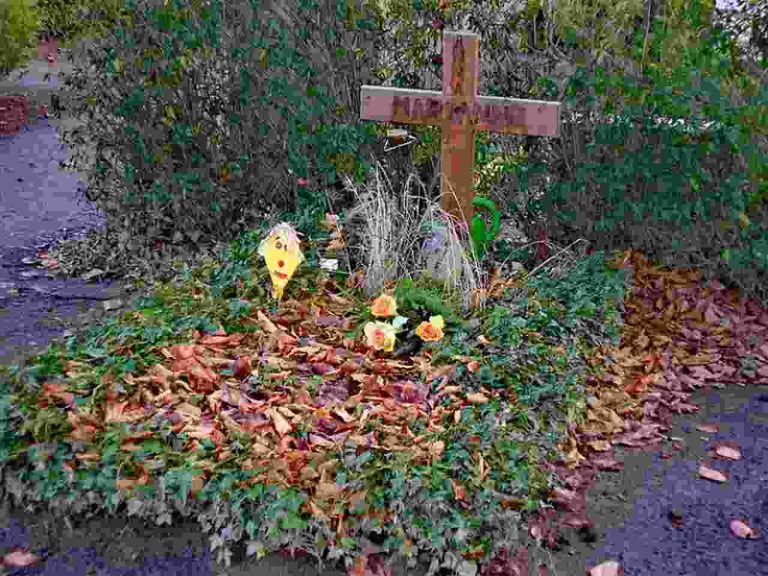
Marianne’s fate and the case of vigilante justice continue to spark debate. A significant portion of the population supported her actions, viewing them as a just punishment for a sex offender who had already been convicted of child abuse multiple times.
However, others believed that Marianne was wrong to take the law into her own hands. Critics argued that she should have left the judgment to the court.
What do you think? Share your thoughts with us in the comment section on Facebook.